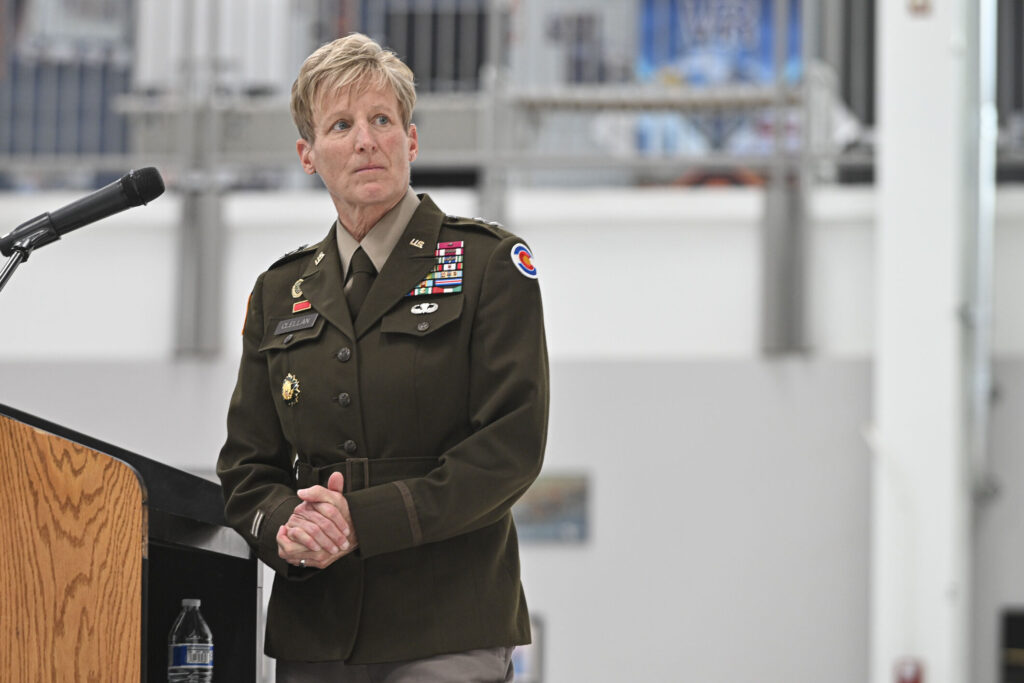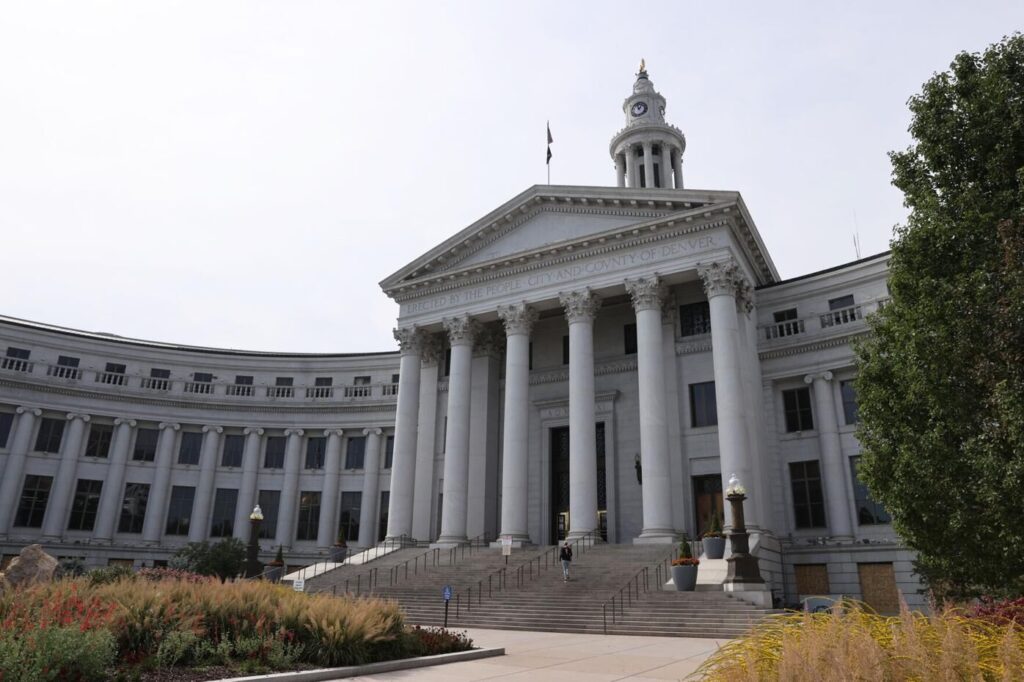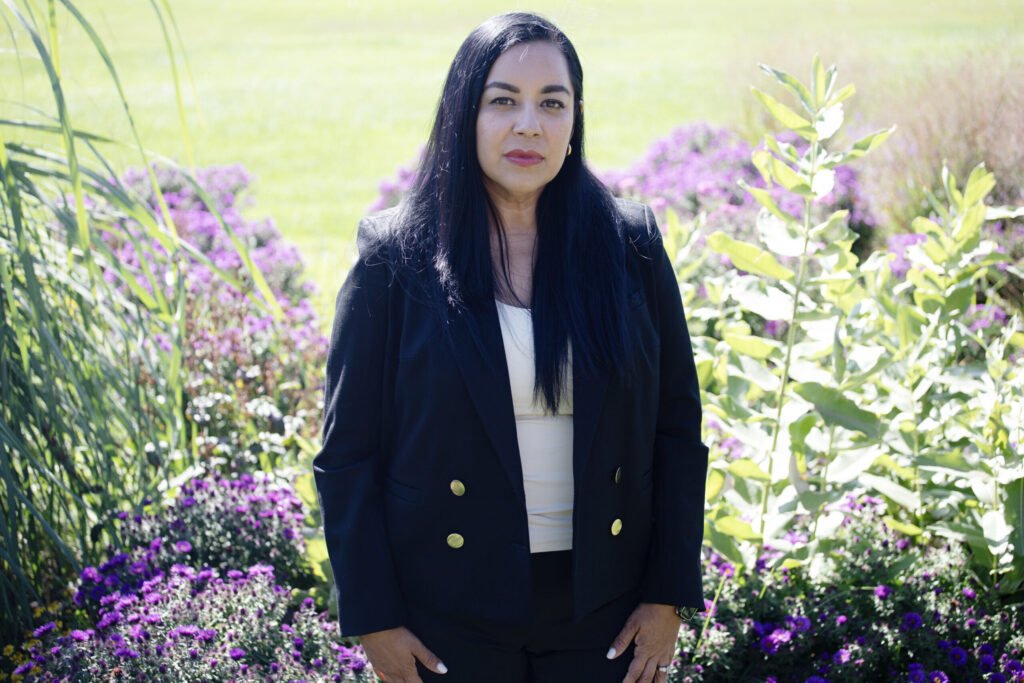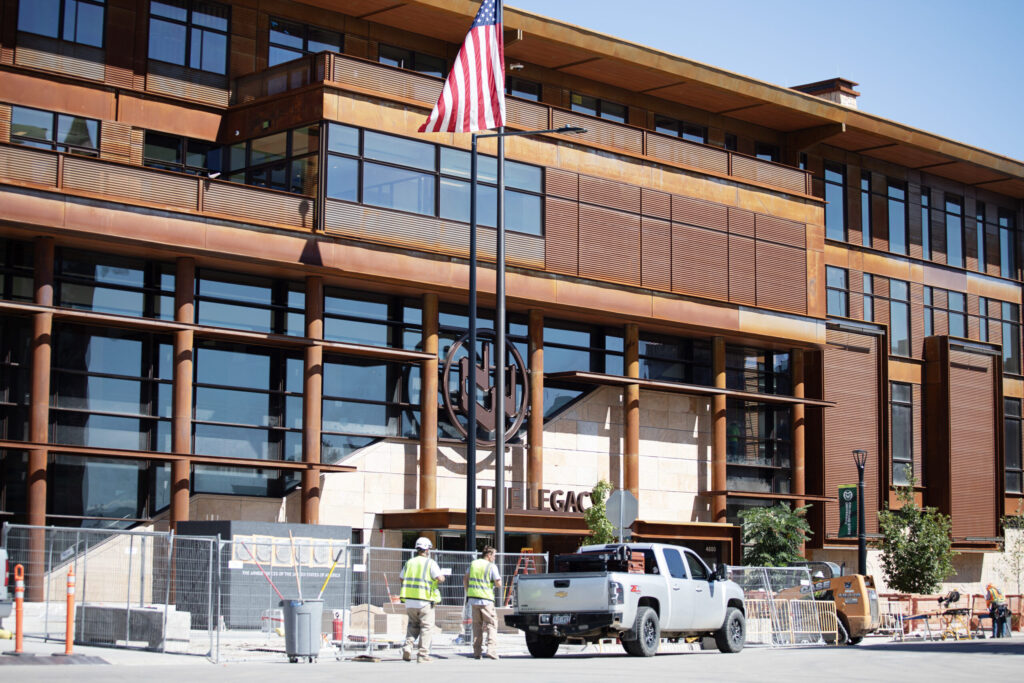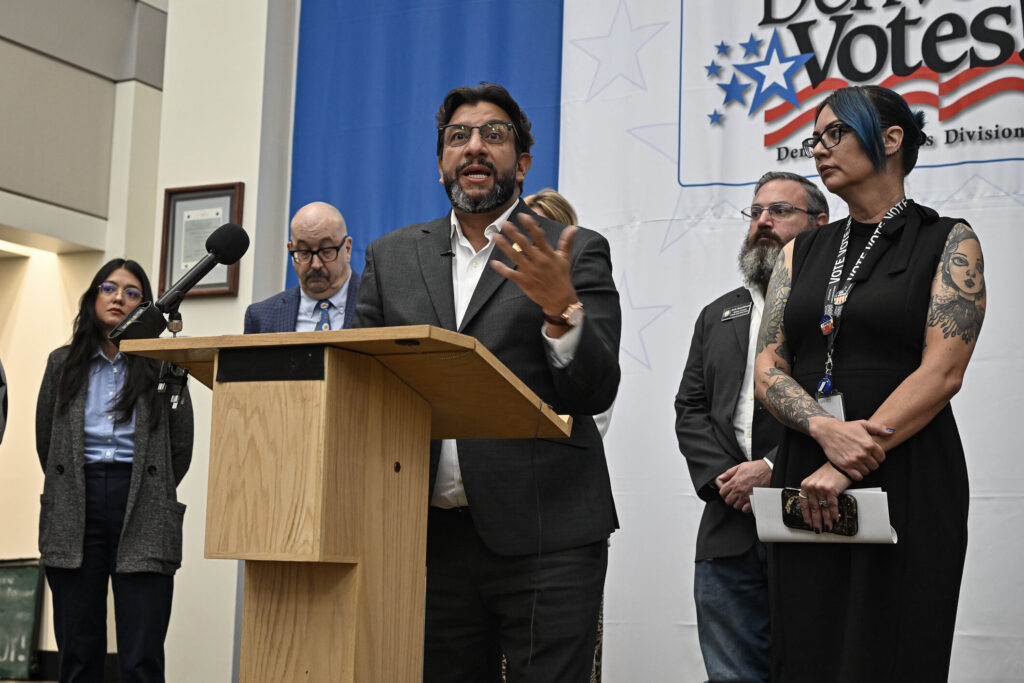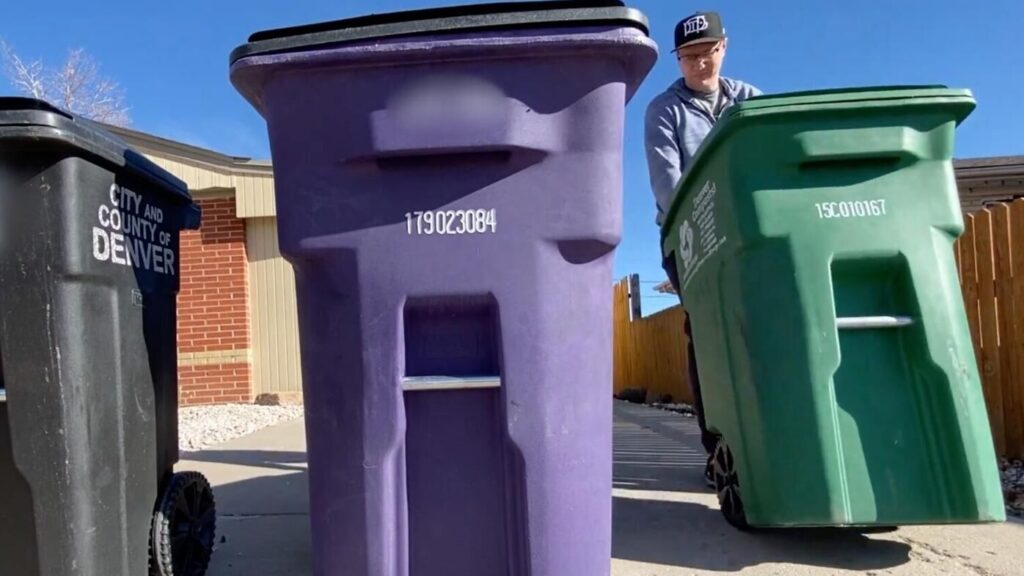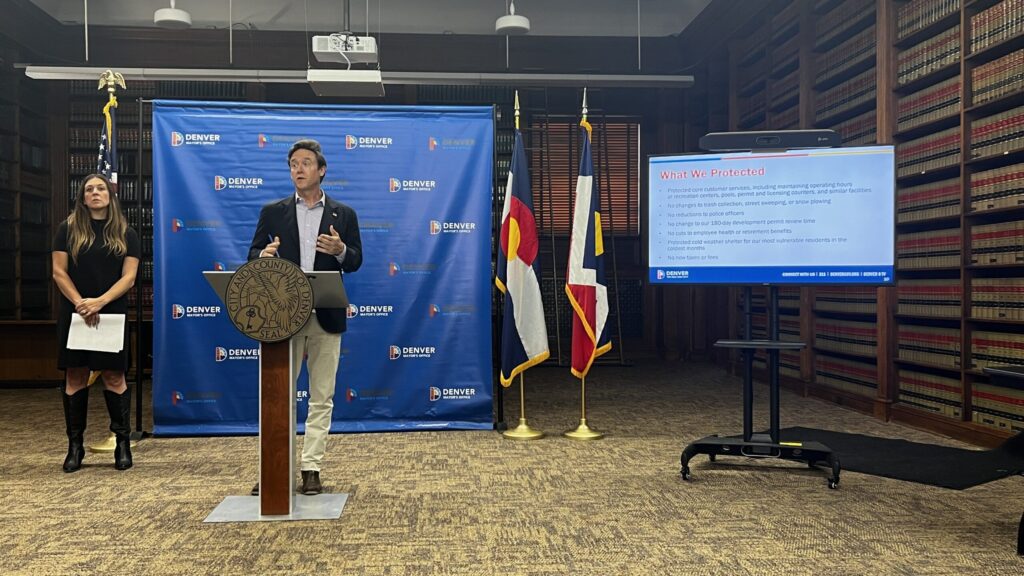LEGISLATURE 2020 | Colorado leaders look ahead from unexpected turns
What happens next under the gold dome in Denver has too many moving parts to predict with clarity, legislative leaders said on the way out the door when the General Assembly finally adjourned Monday.
This year they had to dig out of the $3.3 billion hole blasted in the state budget literally in the middle of the legislative session in March. How deep the hole is next year is the multi-billion dollar question, but it’s not the only question.
Lawmakers can’t plan too much until they see how big the second wave of COVID-19 might be, or how much more the federal government is willing to send to the states, or how the November elections come out, or how fast the economy recovers or whether education continues down an existential path of less money to do the job every single year.
“For Senate Democrats our work starts tomorrow,” Senate President Leroy Garcia, a Democrat from Pueblo, told reporters late Monday afternoon.
Another factor is public opinions, said House Majority Leader Alec Garnett from Denver. He noted that House Democrats had more than 100 town halls during the break from mid-March to late-May.
“We’re going to continue to listen to our communities,” he said. “What’s clear from the bills we passed this year is that it was all about listening to people in our communities.”
House Speaker KC Becker of Boulder sponsored the School Finance Act this year, and she’s concerned about what’s ahead for next year.
Local funding could decline by $500 million under the Gallagher Amendment, she said. That would force down the residential tax rates significantly, impacting most of the state and especially local communities.
Lawmakers this session referred a Gallagher repeal to the statewide ballot in November.
It’s not clear whether there’s going to be more federal relief money for schools, Becker said. The legislature also did “sweeps” of money in state accounts for schools, including $100 million from school construction, two years of marijuana funds, “and that’s not going to be available next year,” she said.
“There are just no easy answers,” she said. “Everyone can say let’s prioritize K-12, but coming up with the solutions are really hard, because they involve trade-offs. Are we going to cut tax breaks to businesses? Are we going to reduce the senior homestead exemption, which is important for seniors? Are we going to cut human services? Are we going to cut higher ed, which is a huge economic generator in Colorado?
“No matter what you’re doing in this budget scenario, in this world we’re in right now, you’re going to be taking resources from one area and shifting to another one.”
Garcia said the state has to make progress on mental health services.
Fenberg added that the state can’t go another year neglecting wildfire protections.
“We’ve been relatively lucky recently,” he said of wildfire season.
The biggest issue next session has to be housing, exacerbated by the crisis, Fenberg predicted.
“We’re going to see a lot of suffering and unfortunately a lot of pain among working families and other folks who are in dire straits because of this health crisis that led to an economic crisis,” he said. “I think that’s going to be a big conversation next session to do more to ensure people have a roof of their head.”
The Senate Democratic leader spoke to the party’s unmet goals after two sessions with the House, Senate and governor’s office — namely the inability to pass paid family leave and the stalled-out public option.
“The other way to look at it is we had an incredibly bold and aggressive agenda,” he said of Democrats. “We’ve made, if not, checked most of those boxes, we’ve made significant progress in all of them. That doesn’t mean there’s still not a whole lot more work to do. Of course there is.”
Paid sick leave that lawmakers passed this year is “not a replacement of, but it is progress toward our goal,” Fenberg said.
On the public option, he said, “we’ve made a lot of progress on reforming health insurance and health care, including reinsurance and studying the public option. “We couldn’t have imagined we would have a global pandemic break out in the middle of the session, and that’s clearly going to derail a couple of our best laid plans. All in all, we’ve accomplished an incredible amount, probably the most productive two sessions this legislature maybe has ever seen.”
“I’m impatient, as well,” he said, citing health care costs need more and that people can take time off from work to care for themselves or their family.
The top Republican in the state Senate, Minority Leader Chris Holbert of Parker, isn’t looking much beyond November for what’s next.
He told reporters Monday that people don’t like one-party control, referring to Democrats holding both chambers of the General Assembly as well as the governor’s office. Voters want a balance, he said.
“Our appeal to the people of Colorado: split chambers work very well.” That will take a swap of just two seats from the Democrats, assuming the Republicans hold the eight on their side that are also up for election this year.








